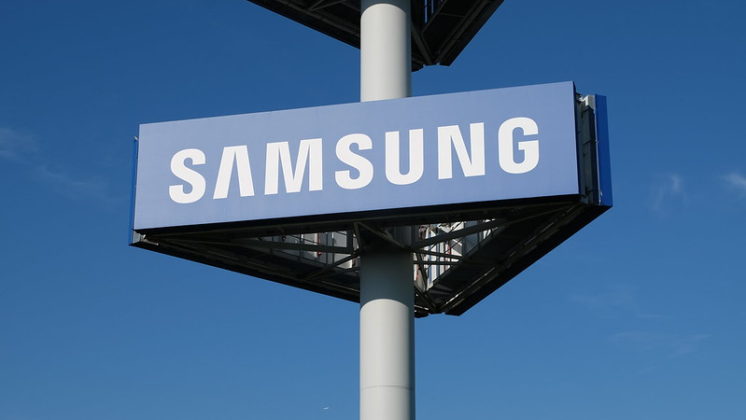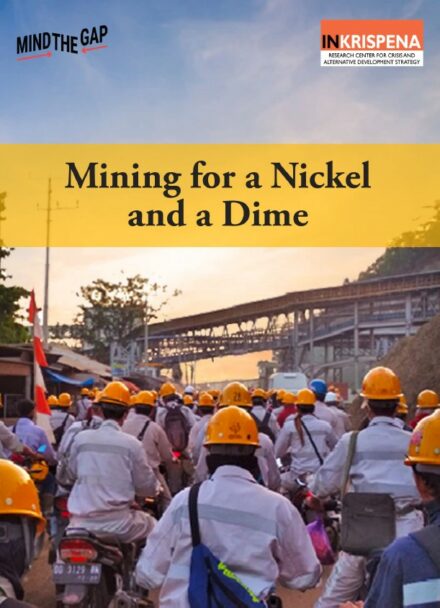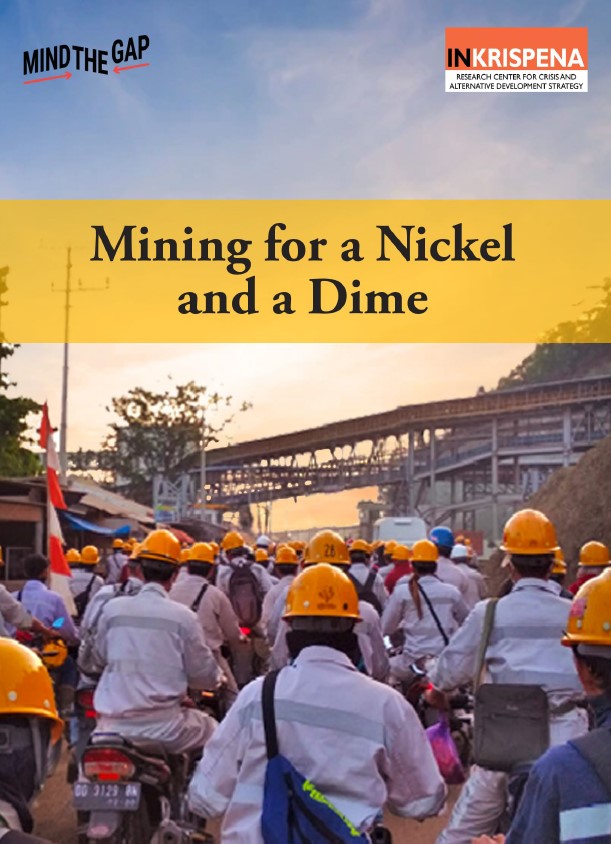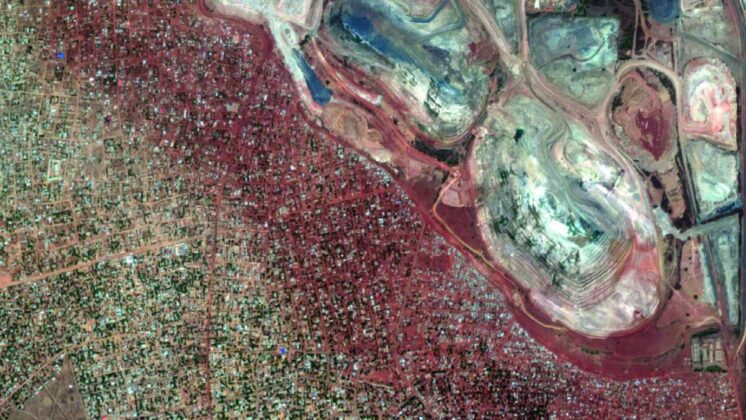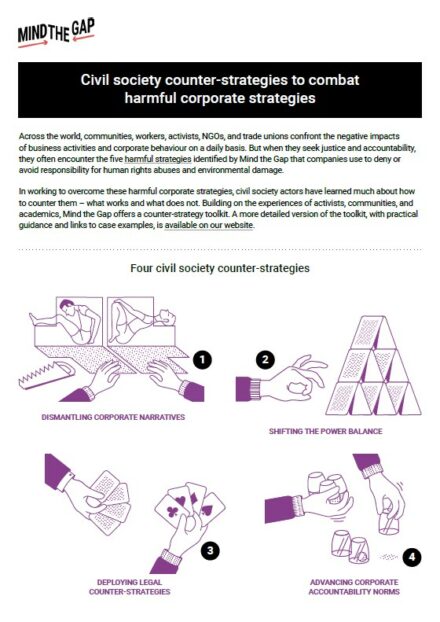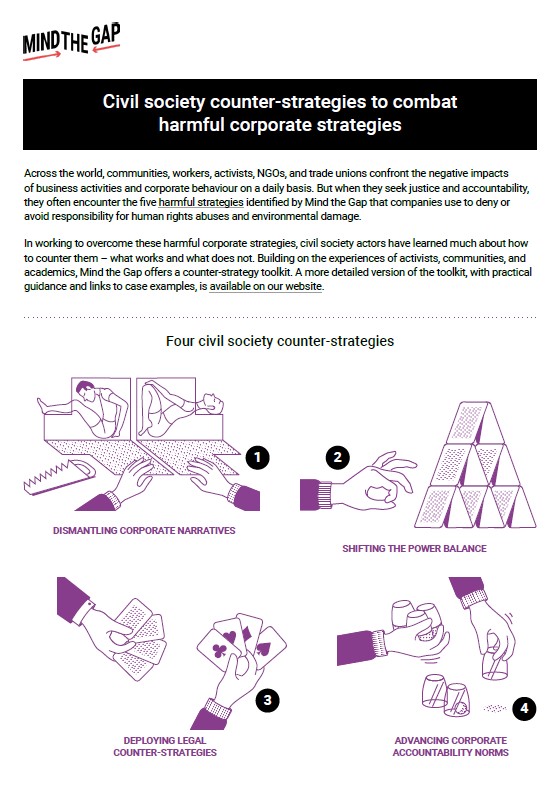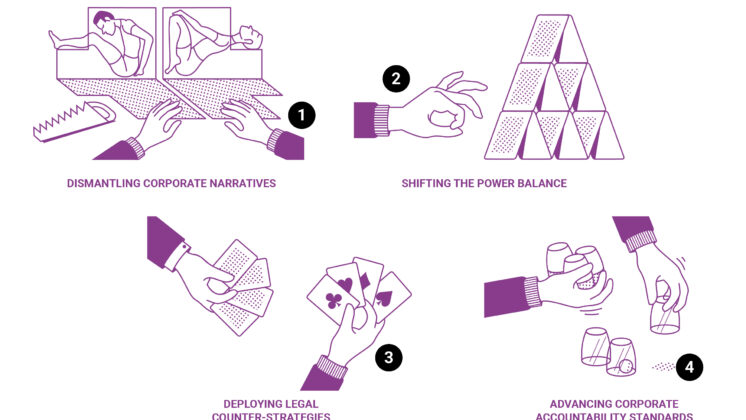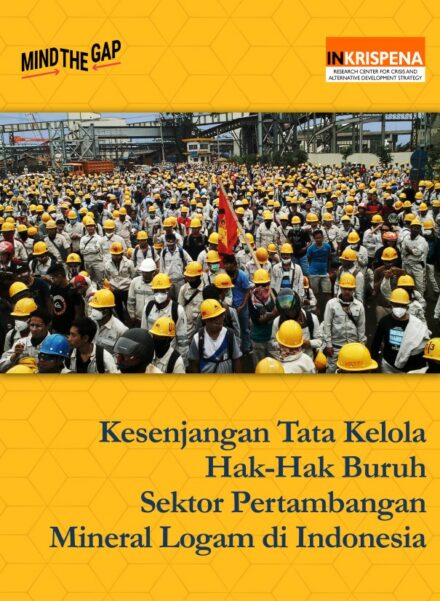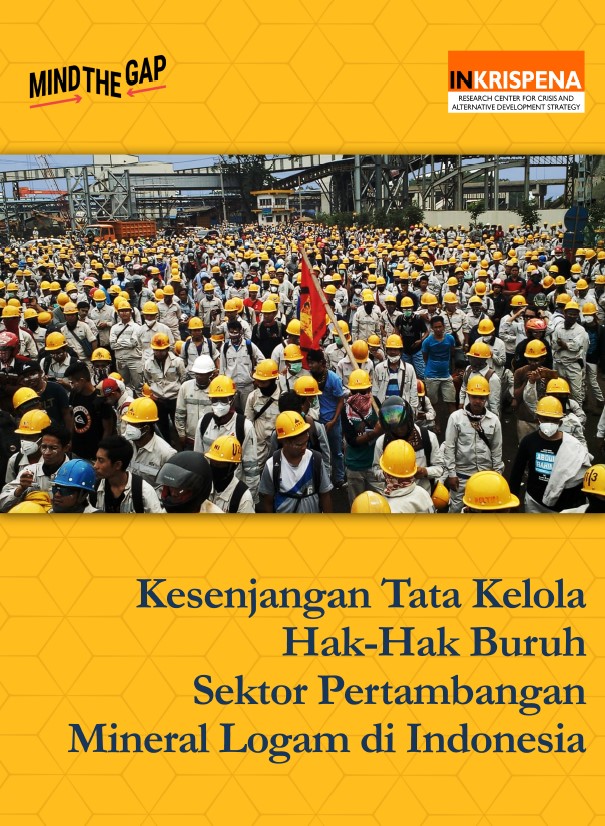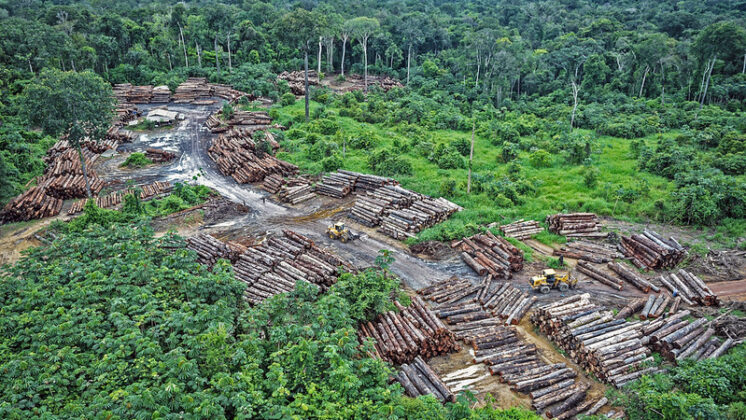When pushed for more information about practices with potentially adverse human rights or environmental impacts, companies sometimes refuse to disclose information, making it difficult for those impacted to identify the company/ies responsible for the harm.
CASE STUDY: Samsung’s nondisclosure of chemical usage
There are different reasons why companies refuse to disclose information that potentially links them to human rights impacts. Whatever the reason for non-disclosure, one of the effects is that it obscures accountability for negative human rights impacts in their operations. Corporations have claimed that disclosing certain information and working with other organisations to improve transparency and human rights would amount to a violation of competition law.[1] Refusing to disclose information can also surface as a legal defence. Companies also use the excuse of a practice being a trade secret in order to justify non-disclosure.[2]
When it comes to supply chains, many corporations will remain guarded about revealing who their suppliers are or feign ignorance, making it difficult to tie them to human rights impacts and environmental harms within these supply chains. Although companies generally will not publish detailed supply chain information on their website or in public reporting, a number of big garment brands[3] and multinational food and retail companies are now disclosing information on their first- and sometimes second-tier suppliers,[4] proving it is possible to share this information.
[1] Aruna Kashyap and others, Follow the Thread: The Need for Supply Chain Transparency in the Garment and Footwear Industry (New York: Human Rights Watch, 2017), 33., https://www.hrw.org/report/2017/04/20/follow-thread/need-supply-chain-transparency-garment-and-footwear-industry (accessed November 5, 2019); Clean Clothes Campaign and others.
[2] Lee; The Associated Press, “Samsung linked to worker’s rare disease, court says,” CBS News, August 30, 2017, https://www.cbsnews.com/news/samsung-linked-to-workers-rare-disease-court-says/ (accessed November 5, 2019
[3] For example: https://cleanclothes.org/file-repository/garment_industry_brochure_dec_2019-1.pdf/view
[4] For example: https://www.behindthebrands.org/issues/transparency/; and more recently Unilever for its tea supply chain: https://www.unilever.com/news/press-releases/2019/time-for-tea-unilever-publishes-full-global-list-of-tea-suppliers.html; and Albert Heijn for private label orange juice: https://www.simsupplychain.com/about_powerchain_juice_case/

